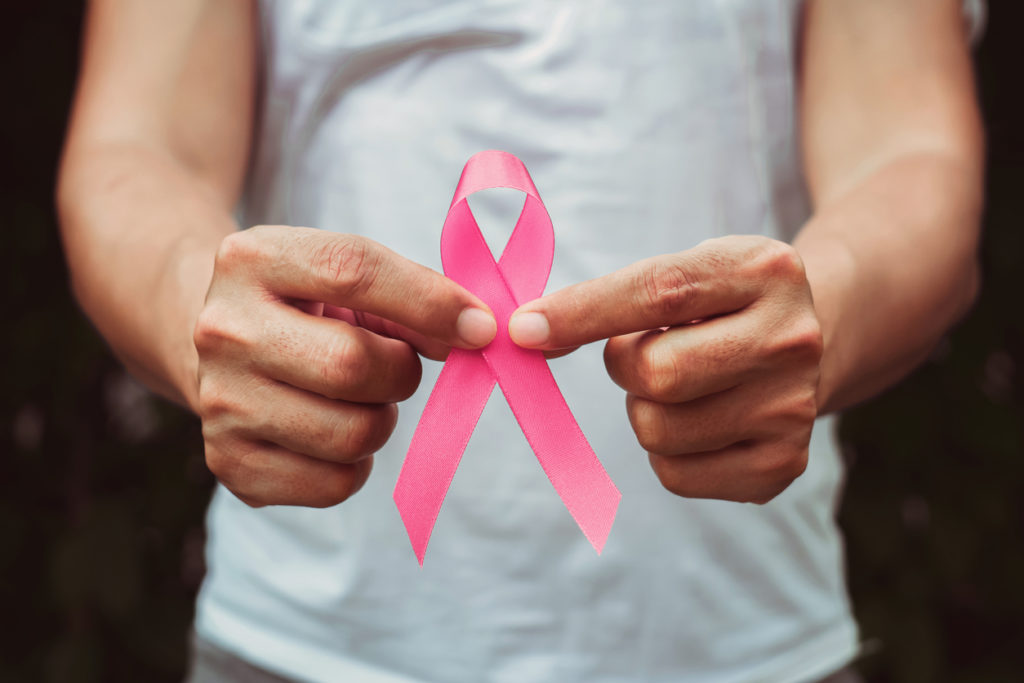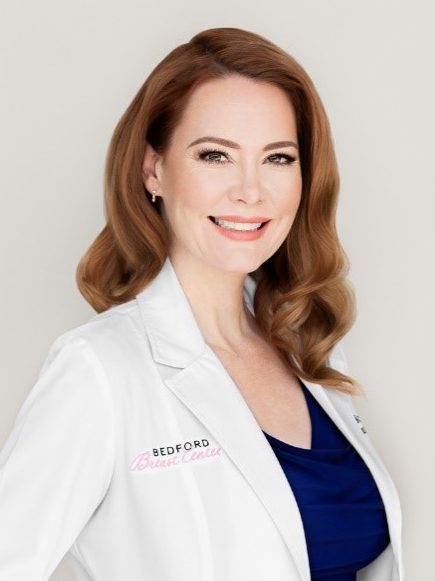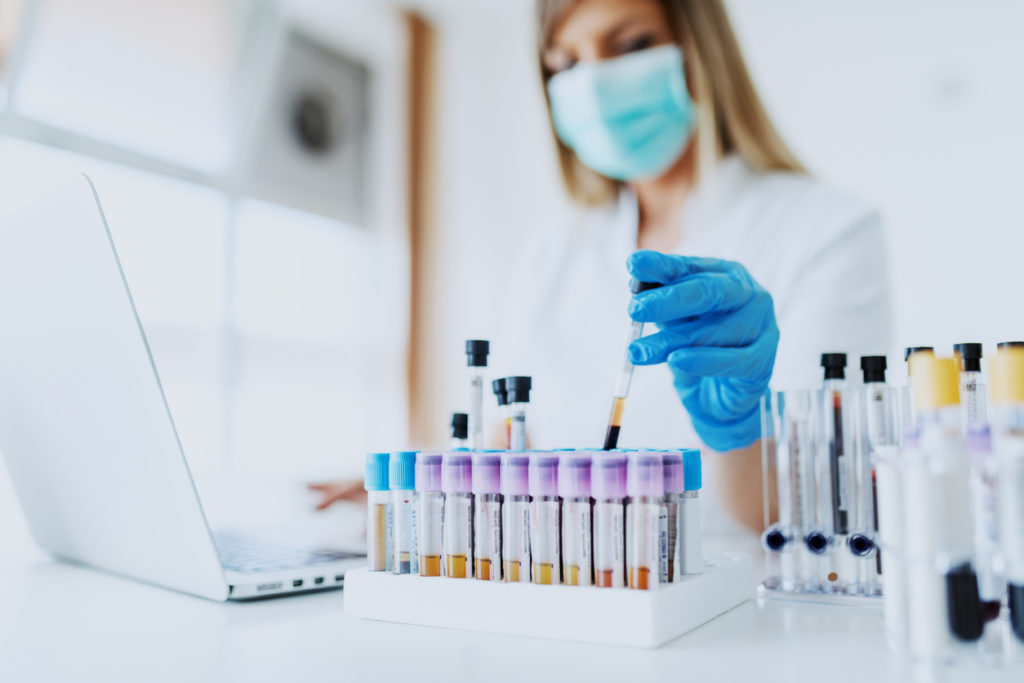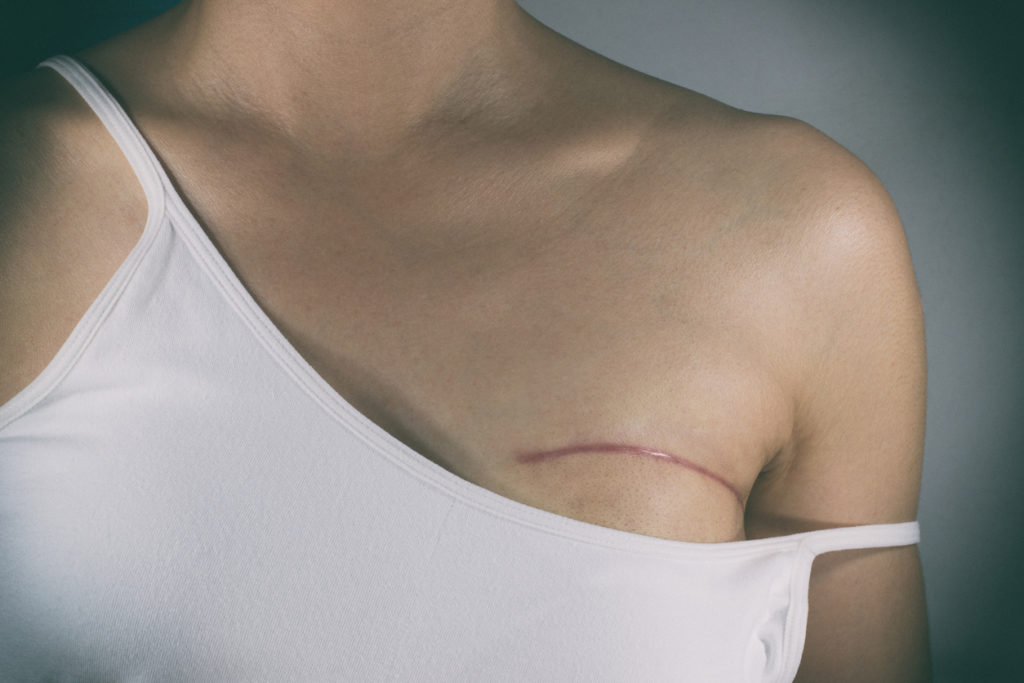Breast Cancer Awareness: Screening Techniques, Genetic Testing And The Role Of Survivors
Although Breast Cancer Awareness campaigns tend to focus solely on women, men are not immune. Statistically speaking, 1 in 833 men will get breast cancer, so increasing their awareness of the possibility is crucial. Just as women are encouraged to be diligent about conducting in-home exams, men should follow similar recommendations to determine if a mass needs further examination.

Mastectomy Surgeon Dr. Heather Richardson, MD, FACS offers reassuring guidance on this crucial wellness topic, and since screening and testing procedures are similar for both sexes, we encourage you to share this article with the men in your lives as well.
In part one of our series, we covered how to conduct a breast self-exam (BSE). Read on to learn more about the types of testing that may be utilized to rule out cancer as well as the reason why it seems like breast cancer is rampant. It’s not, by the way.
Advancements in Screening Technology

Much to my surprise, Dr. Heather Richardson says, “Young women find more breast lumps than older women.” That struck a chord with me since I found my first breast lump at 28. My gynecologist appreciated it as well and ordered an ultrasound procedure, which identified nothing more than a benign cyst. In Richardson’s practice, ultrasound imaging is used frequently because it’s “less invasive and doesn’t require compression.”
Assuming you don’t find something problematic during your BSE and aren’t at high risk for breast cancer, you won’t need routine mammograms until you’re 40. Be thankful for this. Having your breasts sandwiched between the plastic platform and accompanying plastic pane leaves a lot to be desired.
If you’ve been the recipient of a “suspicious” or “abnormal” finding, which I have, a biopsy may be necessary. Your doctor will decide whether you need a fine-needle aspiration biopsy, core-needle biopsy (which I had), or surgical biopsy to determine the lump’s composition. Among her many talents, Richardson “speaks radiology” and says the majority of abnormal or suspicious findings aren’t cancer at all, so while it’s easy to quickly become alarmed, it’s beneficial to work on remaining calm.

Is Genetic Testing A Necessity?
News of blood- or saliva-based genetic testing for BRCA1 and BRCA2 mutations – and celebrities undergoing radical pre-emptive surgical procedures to potentially stave off a cancer diagnosis – may have you in a tizzy. Dr. Heather Richardson’s website pointedly says, “Harmful mutations of BRCA genes are relatively rare in the general population, so generalized testing is not indicated.” According to Richardson, “only 5–10% of breast cancer patients have the gene.”
A prophylactic mastectomy isn’t always necessary and needs to be meticulously discussed with a doctor. She emphasizes that you don’t drive your car while constantly fearful that it will break down, and you would never opt to have your teeth removed just to potentially avoid a root canal at some future date.
Awareness Is Fueled By The Abundance Of Breast Cancer Survivors

If your “Aunt Matilda” had breast cancer in the 80s or 90s and died prematurely, you may be rightfully nervous, and remaining vigilant is essential. As pervasive as cancer may be, though, science has made enormous strides through the years.
In the last 10 years, treatments have been modified to offer better outcomes, and advancements in drug therapy and clinical trials are making breast cancer something you “live with” (emphasis on living), according to Dr. Richardson. There are survivors everywhere, and their shared experiences serve as a reminder that identifying breast cancer early equates to a better long-term outcome.
One final thing that resonates with Dr. Richardson’s advice is the need for people to remember that everyone is unique. No two breasts are the same – even on the same person – and every BSE, screening procedure, and treatment will be tailored to that individual’s unique situation.
To learn more about breast cancer, visit these invaluable sites:
Bedford Breast Center – Dr. Richardson’s FAQ page
Memorial Sloan Kettering Cancer Center
National Breast Cancer Foundation
American Cancer Society – a link for male patients
Loading...